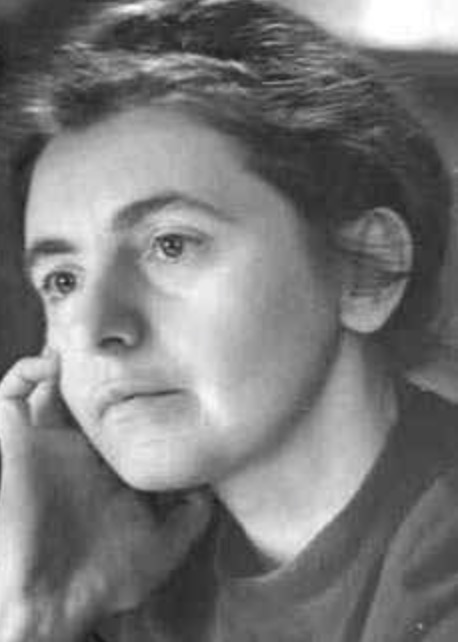
Olga Alexandrovna Ladyzhenskaya was born in Kologriv, Russia on March 7, 1922. Her father was a mathematics teacher who kindled her interest in mathematics by teaching her the basics of Euclidean geometry when she was 8 years old. In October 1937, Olga’s father was arrested by Stalinist authorities, sent to a torture chamber and executed without a trial–a fate shared by many of the Russian intelligentsia. Since her father had been declared an “enemy of the state,” Olga had a long struggle gaining entry to Moscow State University, but eventually was able to complete her undergraduate degree at that university in 1947.
Two years later, she defended her doctoral dissertation using finite differences methods for solving systems of partial differential equations. In 1954, she became a researcher at the prestigious Steklov Mathematical Institute of the Academy of Sciences of the USSR, where she researched the equations of elasticity, the Schrödinger equation, and the Navier-Stokes equations. Her book, The Mathematical Theory of Viscous Incompressible Flow became a classic in the field of non-linear equations in mathematical physics.
During the Communist rule, mathematicians were rarely allowed to travel outside of the USSR, but after 1989, Olga was finally able to deliver presentations at conferences throughout the world. She subsequently received wide recognition and numerous international awards. Her name is etched on a marble desk in Boston’s Museum of Science among other influential mathematicians of the 20th century.
On January, 11, 2004 Olga completed an outline of a paper on hydrodynamics that she planned to finish during a holiday in sunny Florida. But, it was not to be; sometime in the early morning hours of January 12, she passed away in her sleep just 2 months short of her 82nd birthday.
